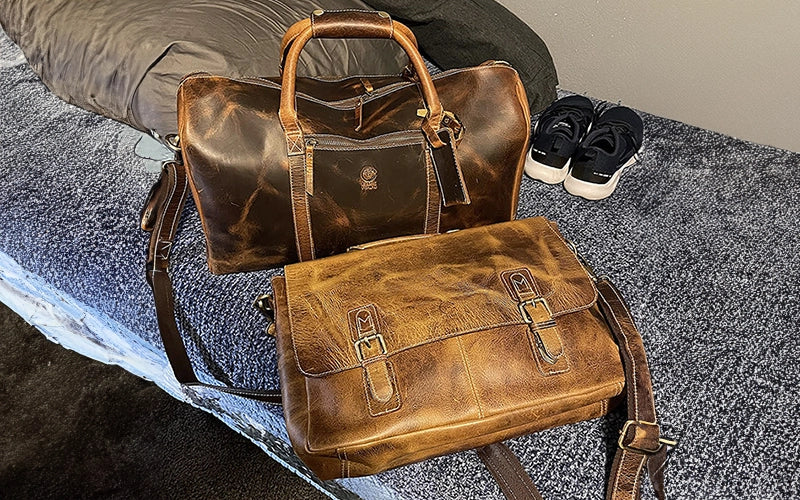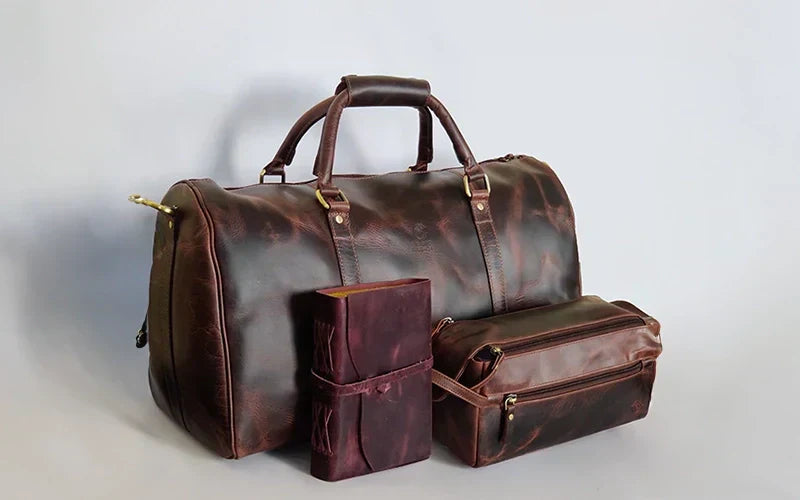Genuine leather is a term that often sparks curiosity and confusion among consumers. With various leather types and terminology circulating in the market, it's essential to address common questions and doubts to provide clarity. In this article, we'll delve into the world of genuine leather, debunk myths, and provide accurate information to help you make informed decisions when purchasing leather products.
What does "genuine leather" mean?
The term "genuine leather" refers to leather made from real animal hide. It is a broad classification encompassing different grades and types of leather. Genuine leather is distinct from synthetic or imitation leather, which is made from non-leather materials.
Is genuine leather the highest quality?
Contrary to popular belief, genuine leather does not necessarily indicate the highest quality. It is a generic term that encompasses various leather grades, ranging from top-grain to corrected-grain leather. Full-grain and top-grain leather are generally considered higher quality, while corrected-grain leather may undergo surface treatments and have lower durability.
What is the difference between genuine leather and full-grain leather?
Full-grain leather is the highest quality leather, as it retains the complete grain layer with its natural markings and characteristics. Genuine leather, on the other hand, is a broader term that includes full-grain, top-grain, corrected-grain, and other leather types. So, while all full-grain leather is genuine leather, not all genuine leather is full-grain.
Does genuine leather mean it is 100% leather?
Yes, genuine leather indicates that the product is made from real animal hide. However, it's important to note that genuine leather can still undergo processing and treatments, such as dyeing or finishing, to enhance its appearance or performance.
How can I differentiate between genuine leather and synthetic leather?
Examining the texture, smell, and appearance can help distinguish genuine leather from synthetic alternatives. Genuine leather has a unique smell and feel, with natural imperfections and variations in grain patterns. Synthetic leather, on the other hand, often has a uniform texture and lacks the distinctive scent of real leather.
How can I ensure the durability of genuine leather products?
To ensure the durability of genuine leather products, consider factors such as leather quality, tanning process, stitching, and proper care. Opt for full-grain or top-grain leather, which are typically more durable. Look for well-constructed products with reinforced stitching and quality hardware. Regularly clean and condition the leather using appropriate products to keep it supple and prevent drying or cracking.

Conclusion:
Understanding the nuances of genuine leather is crucial in navigating the market and making informed purchasing decisions. Genuine leather encompasses various grades and types, and it's essential to consider factors like leather quality, construction, and care to ensure the longevity of leather products. By dispelling common doubts and clarifying misconceptions, we hope this article has provided you with valuable insights to appreciate and evaluate genuine leather products effectively.







